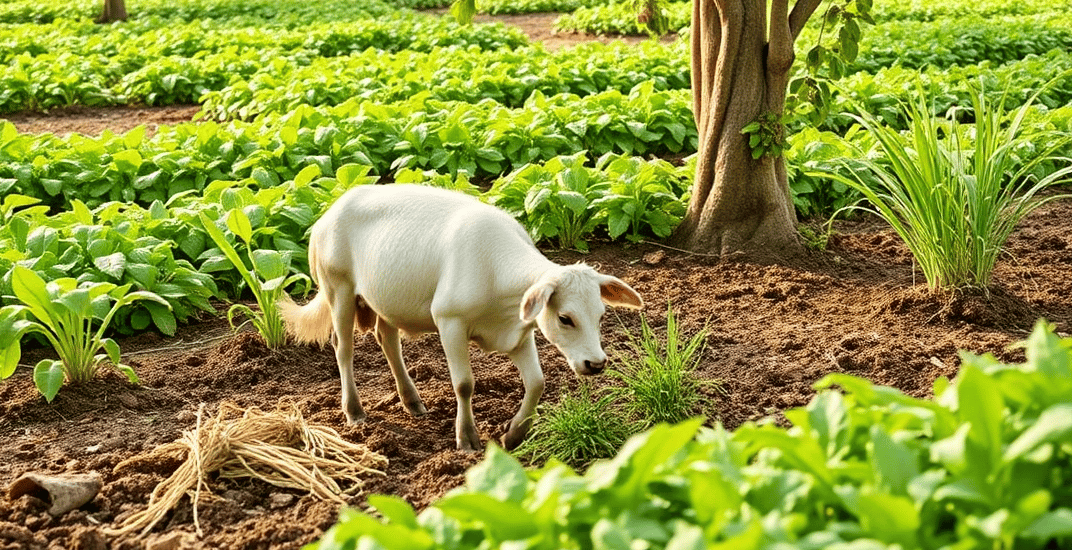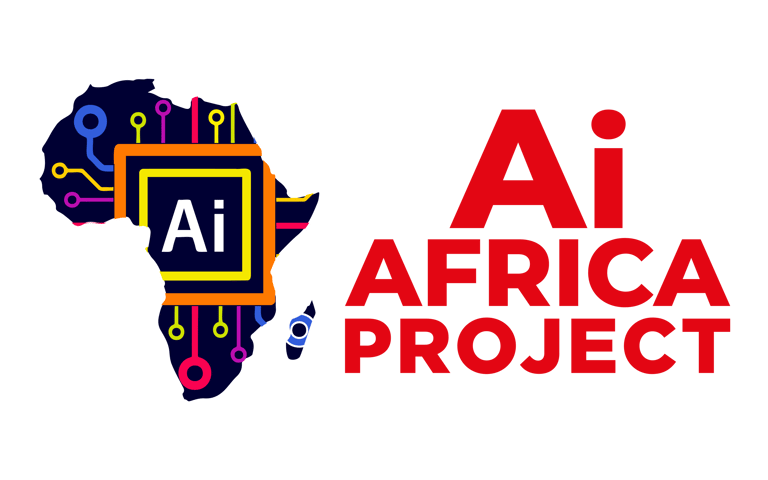Research Case 1: Agriculture (Crop Farming)
1. Sector Description
Crop farming is the backbone of Africa’s agricultural economy, contributing significantly to GDP, employment, and food security. It encompasses the cultivation of cereals, legumes, tubers, and vegetables. Key crops include maize, rice, millet, sorghum, yams, cassava, and groundnuts.
2. Countries with Significant Resources
Nigeria – Africa’s largest cassava and yam producer.
Ethiopia – A major producer of teff, maize, and wheat.
Kenya – Known for maize, beans, and horticultural crops.
Ghana – Key producer of maize, cassava, rice, and plantain.
Zambia, Malawi, Tanzania – Extensive maize and legume farming.
3. AiAfrica Research Focus and AI Applications
Under the AiAfrica Project, research teams in the Crop Farming Lab are using AI to drive digital agricultural transformation by focusing on:
Precision Farming Models using satellite imagery and sensor data for optimal planting times and pest/disease detection.
Yield Prediction Algorithms that use machine learning to forecast harvest quantities based on historical weather and soil data.
AI-driven Supply Chain Forecasting to reduce post-harvest losses and optimize logistics.
Soil Health AI Diagnostics through image-based classification for nutrient profiling.
These AI solutions are co-designed with local universities and agritech startups across Africa and piloted in Ghana, Kenya, and Nigeria.
4. Proof of Value and Potential Impact
In Ghana, an AiAfrica-supported pilot using drone imagery and AI classification models led to a 27% increase in maize yields across 50 farms in the Eastern Region.
In Kenya, smart irrigation systems powered by predictive AI reduced water use by 35% while maintaining productivity.
Across Nigeria, machine learning models built with local climate data improved cassava yield predictions, reducing uncertainty by 40%.
5. Eligibility to Join the Research Lab
Participation in the Crop Farming Research Lab is open to:
Students, researchers, and professionals with a background in agriculture, AI, agribusiness, or environmental science.
Participants must be certified under the AiAfrica Prompt Engineering or Sectoral AI Training Program, having completed at least the Foundational and Intermediate levels.
Each member must commit to a capstone project aligned with food security, agri-innovation, or climate resilience.


Join the Team : https://chat.whatsapp.com/BDCozak2iDLDpRgMndsRT6
Empowerment
Training youth and women for digital leadership.
CALL / WHATSAPP LINE
+233 559 853 572
© 2025. All rights reserved.
Conclusion: A $6 Trillion Opportunity Powered by AI
A 2023 analysis by the African Development Bank projects that full value chain development across Africa’s natural resource sectors could unlock over $6 trillion in cumulative economic value by 2040. AI will be instrumental in capturing this value through enhanced productivity, precision forecasting, climate resilience, and knowledge transfer.
The AiAfrica Project provides a unique opportunity to position African researchers and innovators at the forefront of this revolution. By establishing dedicated research labs, training centers, and AI deployment strategies across the 50 sectors, Africa can not only leverage its natural wealth but also secure its rightful place in the Fourth and Fifth Industrial Revolutions.
